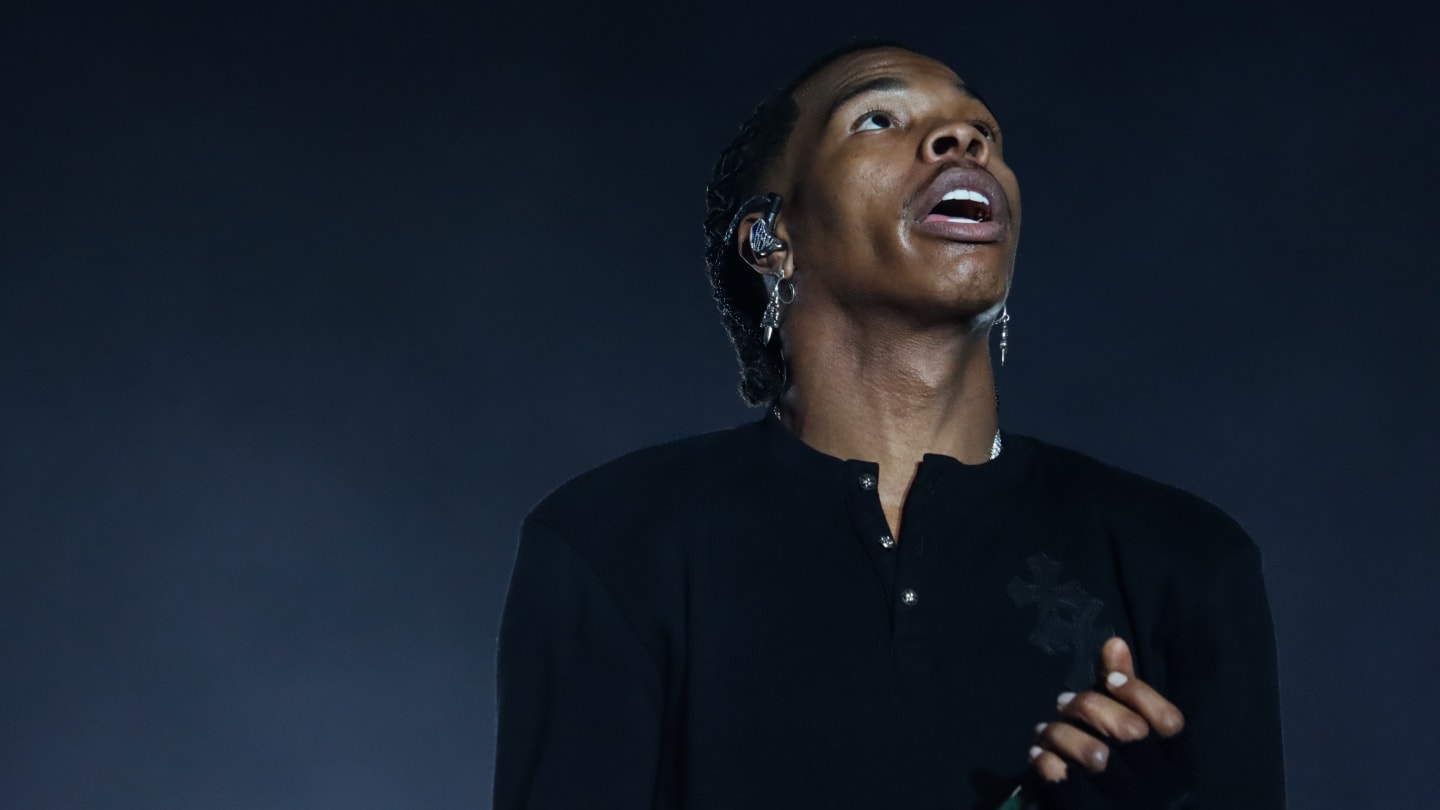
Atlanta, a city rich in history and culture, has emerged as the epicenter of the hip-hop universe. Its unique perspective, born of a place that is as fascinating as it is complicated, has resonated with audiences worldwide, making it a hotbed for rap talent. But, do you know why most rappers are from Atlanta?
This is because the city’s black culture feels singular yet mirrors other black experiences throughout the South and elsewhere in the nation. This cultural resonance has played a significant role in shaping Atlanta’s hip-hop scene, making it a beacon for aspiring artists and music enthusiasts alike.
Atlanta has been a hotbed for hip-hop talent, producing some of the most influential rappers in the industry. Here are some of the popular rappers from Atlanta:
Future: Known for his distinctive use of autotune, Future has become one of the most recognizable voices in hip-hop.
2. Lil Baby: A newer face in the scene, Lil Baby has quickly risen to prominence with his melodic flow and introspective lyrics.
3. 21 Savage: With his deep voice and gritty lyrics, 21 Savage has carved out a unique space for himself in the industry.
4. Quavo: As one-third of the hip-hop group Migos, Quavo has made a name for himself with his catchy hooks and distinctive ad-libs.
5. Young Thug: Known for his eccentric vocal style and fashion sense, Young Thug has been a major influence on the newer generation of rappers.
6. Gucci Mane: A veteran in the game, Gucci Mane is often credited with pioneering the trap subgenre of hip-hop.
7. Ludacris: With his fast flow and witty lyrics, Ludacris has been a staple in the hip-hop industry for decades.
8. T.I.: Often referred to as the “King of the South”, T.I. has been influential in popularizing the trap subgenre.
These artists have not only put Atlanta on the map but also continue to shape the sound and direction of hip-hop music.
Atlanta’s hip-hop scene is not just a reflection of the city’s unique cultural fabric, but also a testament to its resilience and adaptability. The city has managed to maintain its distinct identity while also embracing change and innovation. This balance has allowed Atlanta to stay relevant in the ever-evolving landscape of hip-hop, attracting artists from all walks of life.
Moreover, Atlanta’s hip-hop scene has become the last semblance of a monoculture in an increasingly fragmented music industry. Its ability to consistently produce chart-topping hits and influential artists has solidified its position as a powerhouse in the global music scene.
In conclusion, Atlanta’s rise to prominence in the hip-hop world is no accident. It’s a product of its unique cultural identity, its resilience, and its ability to adapt and innovate. As the city continues to shape the future of hip-hop, one thing is clear: Atlanta is not just on the map; it is the map.
This post was originally published on this site be sure to check out more of their content.








